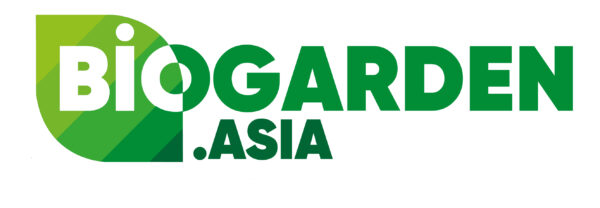No products in the cart.
NEWS
Agricultural Economist (GS-0110)
Agricultural Economists provide economic information, data and analyses of specialty crops, dairy products, livestock, meat, and poultry commodities for domestic food assistance programs and/or assess the impact of AMS marketing order and research and promotion programs. These duties may include:
- Conducting large economic studies and completing short-term economic projects on various aspects of agricultural commodities, marketing order programs, and research and promotion issues.
- Preparing situation and outlook reports, briefing papers, and commodity assessment reports in support of commodity procurement activities.
- Providing background, issue, briefing, parity and various topical economic papers to senior economists and senior level policymakers.
This Position is Represented in the Following AMS Programs:
- Dairy
- Specialty Crops
- Transportation & Marketing
- Fair Trade Practices
- Livestock & Poultry
Work Environment
Agricultural Economists typically work in an office setting. They often work independently, but they also may collaborate with data scientists, statisticians, or other specialists. Some agricultural economists may be required to travel, such as to attend conferences and to uncomfortable conditions such as stockyards, dealer buying stations, meat packing plants, and poultry processing plants.
Minimum Applicant Requirements
For GS-09 Level For GS-11 Level and Above
Applicants must have either:
Experience: One year of specialized experience equivalent to the GS-07 level. Qualifying experience includes:
- Individual economic research assignments requiring planning, information assembly, analysis and evaluation, conclusions, and report preparation.
- Supervisory or project coordination assignments involving a staff of professional economists, and requiring the evaluation and interpretation of economic information; or
- Teaching assignments in a college or university that included both class instruction in economics subjects and one of the following: (1) personal research that produced evidence of results, (2) direction of graduate theses in economics, or (3) service as a consultant or advisor on technical economics problems.
Experience in related fields that did not involve the use and understanding of economic principles and theories is not considered qualifying experience for this position. Special attention on this point should be given to certain types of work that may or may not have provided professional economic experience. The following examples of work require special care in such determinations:
- Economic statistics
- Industrial surveys
- Management of individual business enterprises, including farms
- Industrial planning
- Writing or editorial work in economic subjects
- Financial market analysis
Experience refers to paid and unpaid experience, including volunteer work done through National Service programs (e.g., Peace Corps, AmeriCorps) and other organizations (e.g., professional, philanthropic, religious, spiritual, community, student, social).
OR
Education: Two years of higher-level graduate education leading to a master’s degree or a master’s or equivalent graduate degree. An economics degree, that included at least 21 semester hours in economics and 3 semester hours in statistics, accounting, or calculus.
OR
Combination of Education and Experience: A combination of completed education requirements equivalent to a bachelor’s degree in economics, and experience or additional education.
Applicants must have either:
Experience: One year of specialized experience equivalent to the GS-09 level.
Experience refers to paid and unpaid experience, including volunteer work done through National Service programs (e.g., Peace Corps, AmeriCorps) and other organizations (e.g., professional, philanthropic, religious, spiritual, community, student, social).
OR
Education: Three years of graduate education leading to a Ph.D. or have a Ph.D. or equivalent doctoral degree. Additional educational requirements maybe listed in the job announcement.
Common Career Paths
Agricultural Marketing Specialist



